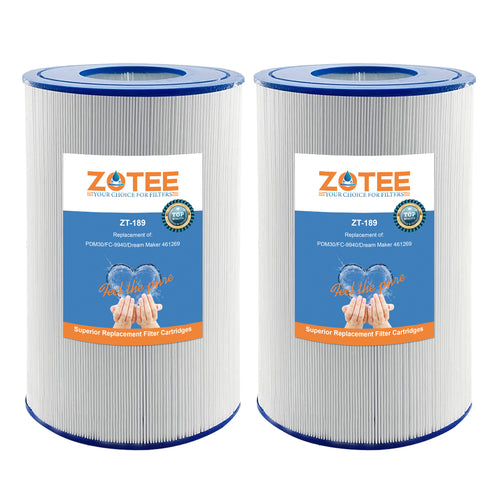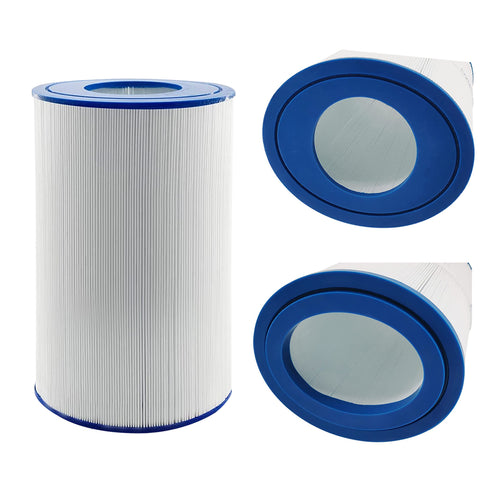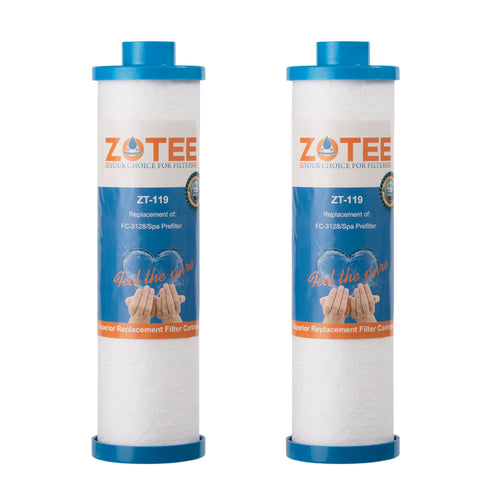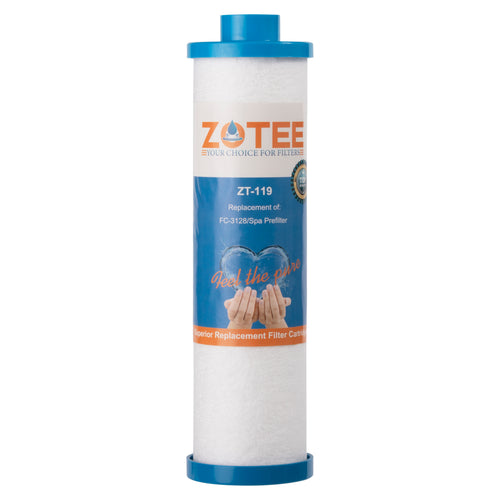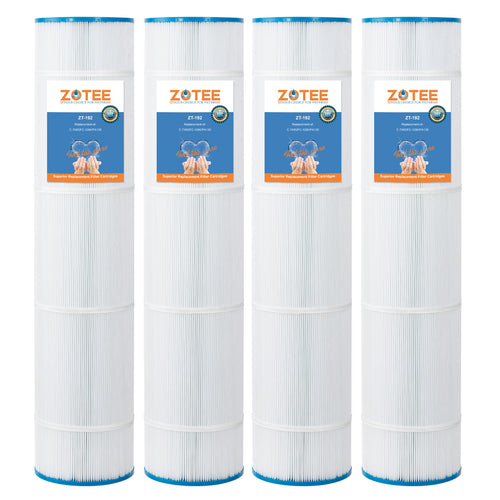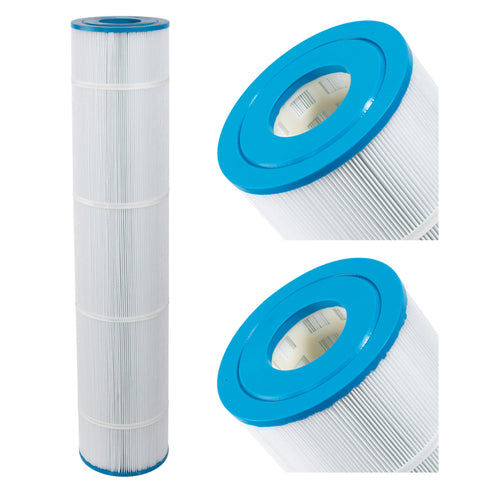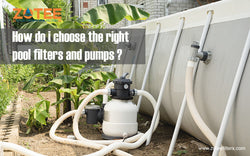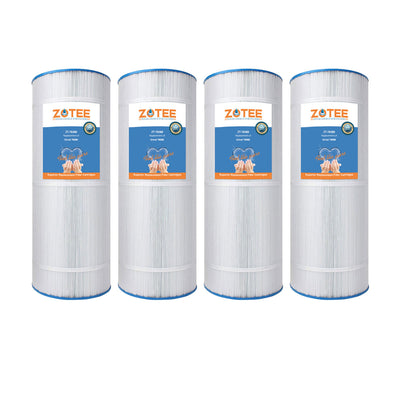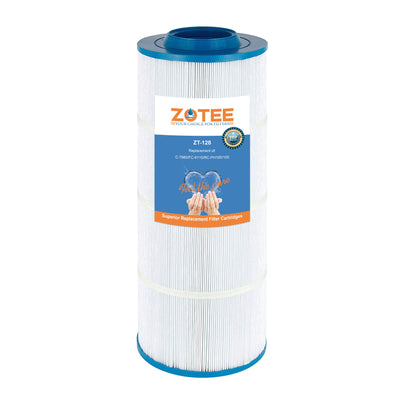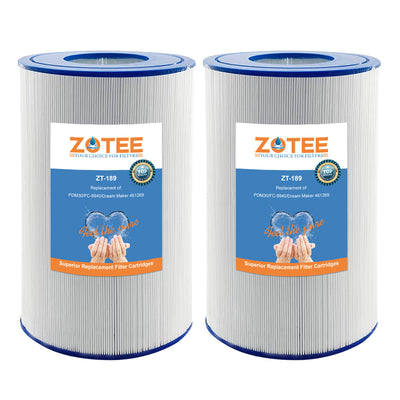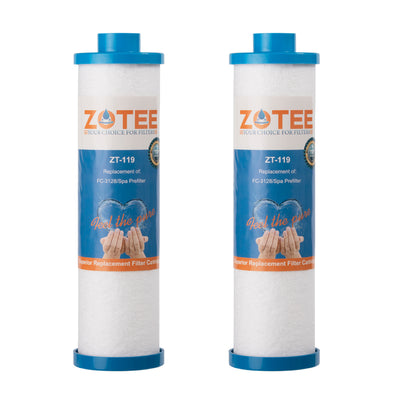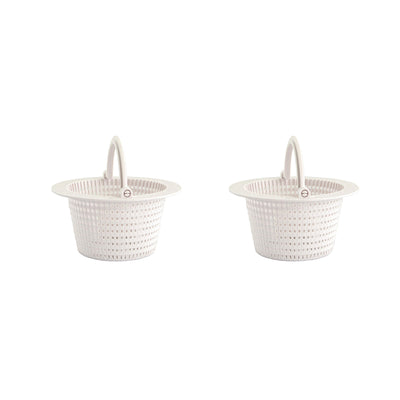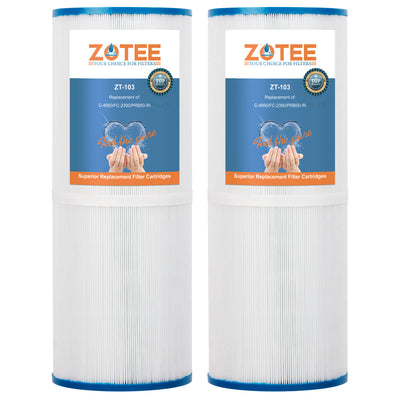Do You Know the real Lifespan and Their Unique Traits of Pool Cartridge, Sand, and DE Filters?
A swimming pool serves as an excellent retreat after a long day, especially on a scorching summer day. However, the pleasant experience can be compromised if the pool is not properly maintained and is dirty. A dirty pool not only looks unappealing but can also become a breeding ground for diseases.

Ensuring the cleanliness of your swimming pool involves taking care of a crucial component – the pool filter. Regular maintenance is essential to keep the filter functioning efficiently. The mechanism of pool filters is straightforward: a pump propels water through a narrow space that permits only clean water to pass through, capturing tiny particles of dirt and eliminating them from the water.
Through the circulation generated by the pool pump, the filter collects and eliminates various contaminants such as bugs, debris, and dirt. However, the filter can become clogged over time. Without regular cleaning, its efficiency decreases, potentially straining pool equipment and compromising the safety of the water for swimmers.
The durability of pool filters is contingent upon the filtration system type and the regularity of maintenance. For example, a sand filter within a filtration system may endure for up to a year, while a cartridge filter in a different system can have a lifespan of up to three years.
Anticipating the longevity of a pool filter requires a careful assessment of its application.
Cartridge Pool Filters

In the realm of cartridge filtration, pool filter cartridges have an operational span of approximately 1,000 hours within a filter pump and necessitate replacement every 1-2 years. They require thorough cleaning 2 – 3 times annually. During the peak pool season, it is advisable to clean the filter at least once a month, or more frequently depending on your filtration system. It's crucial to note that exposure to substances like sunscreen, deodorants, hair care products, and other chemicals in the pool water can shorten the lifespan of the filter cartridge.
A cartridge filter comprises a plastic tank housing 1 – 4 cartridges. Each cartridge is a plastic cylinder enveloped by pleated polyester filter media with caps on both ends. These filters are energy-efficient and proficient in capturing contaminants as small as 10 microns in diameter.
Benefits of Cartridge Pool Filters:
- No backwashing, leading to water conservation.
- Effective performance with low water speeds, especially with variable speed pumps.
Drawbacks of Cartridge Pool Filters:
- Requires more maintenance compared to a sand filter.
Sand Filters

In sand filtration, the cartridge requires replacement annually or after 1,000 hours of use.
A sand filter consists of a filtration tank filled with sand. Its operation involves a pool pump pushing water past the sand, causing the sand to capture debris and contaminants. Over time, the sand particles wear down, diminishing their effectiveness. Generally, a sand filter can capture particles of 20 microns in diameter and larger, depending on the type of sand used.
Advantages of Sand Filters:
- Easy to maintain.
- The sand typically lasts five to seven years before requiring replacement.
- Filtration efficiency can be enhanced by using alternative media and additives.
Disadvantages of Sand Filters:
- Decreased filter efficiency when pressure builds up.
- Least effective among the three filter types.
- Water is typically wasted during backwashing and rinsing processes.
Diatomaceous Earth Pool Filters (D.E. Filters)
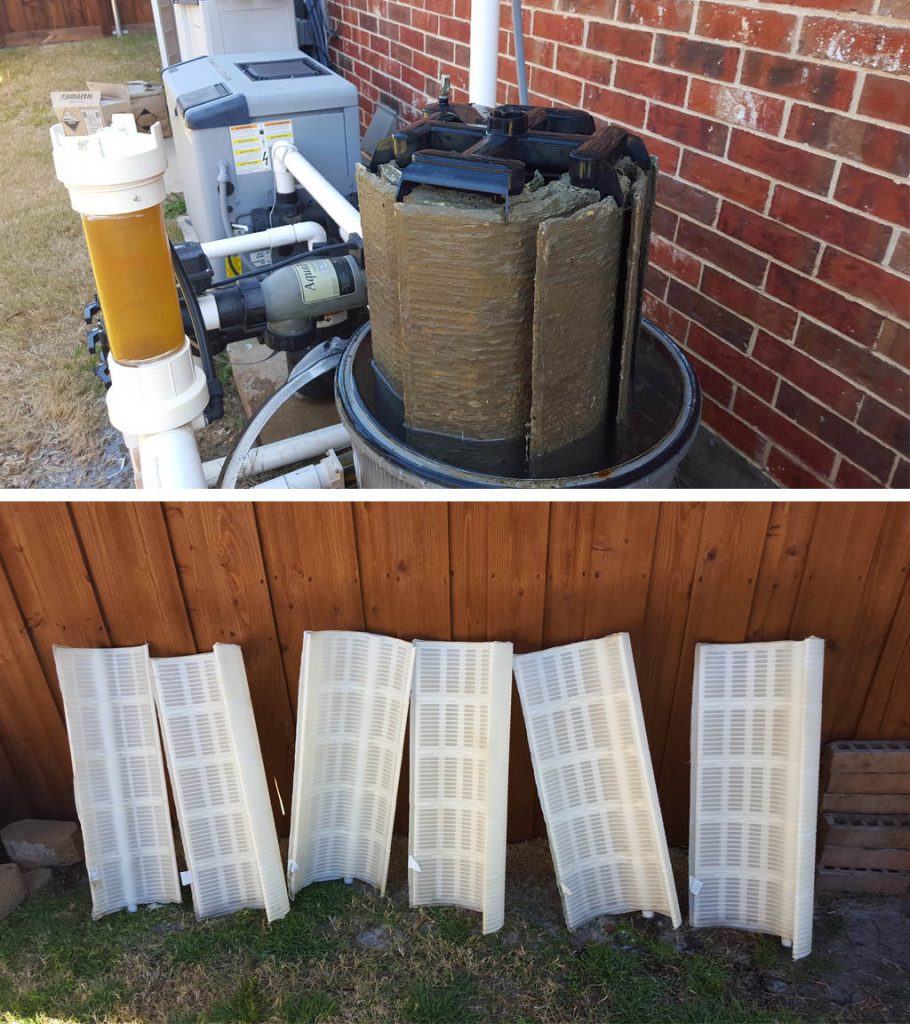
Requires thorough cleaning 3 – 4 times annually.
Grids typically need replacement every 2 – 3 years.
A D.E. Filter utilizes grids coated in white D.E. powder to purify the water. Similar to a Sand Filter, D.E. Filters are equipped with a backwash valve for quick "backwash" cleanings to facilitate smoother water circulation. This type of filter demands the most maintenance among all filter types but is also the most effective, capable of filtering out debris as small as 5 microns in diameter.
Improper disposal of D.E. can pose risks to wildlife and obstruct storm drains. Some areas have specific laws or regulations regarding D.E. disposal.
Caution: Handling D.E. powder requires wearing a chemical mask and eye protection, as inhaling the powder can be extremely hazardous to health. Keep all D.E. out of the reach of children and animals. If you are unfamiliar with D.E. handling, it is advisable to seek assistance from a pool professional.
D.E. Filter Advantages:
- Filters contaminants as small as 5 microns in diameter.
- D.E. powder can be added through the pool skimmer.
- No caustic chemicals are required.
D.E. Filter Disadvantages:
- Inhaling D.E. powder is hazardous.
- Above-ground pool D.E. filters may be challenging to find.
- Local regulations may restrict backwashing.

PLEASE NOTE!
Regularly monitor the state of your filter cartridge. If the fabric seems loose or if the cartridge is damaged, it is advisable to consider replacing the filter.
Replace your filter when it reaches its maximum capacity, indicated by a canister pressure of 8 psi or higher, or if there is damage to the center core of the cartridge. Be aware that a noticeable reduction in water flow indicates a clogged cartridge, and replacement should be undertaken promptly.

